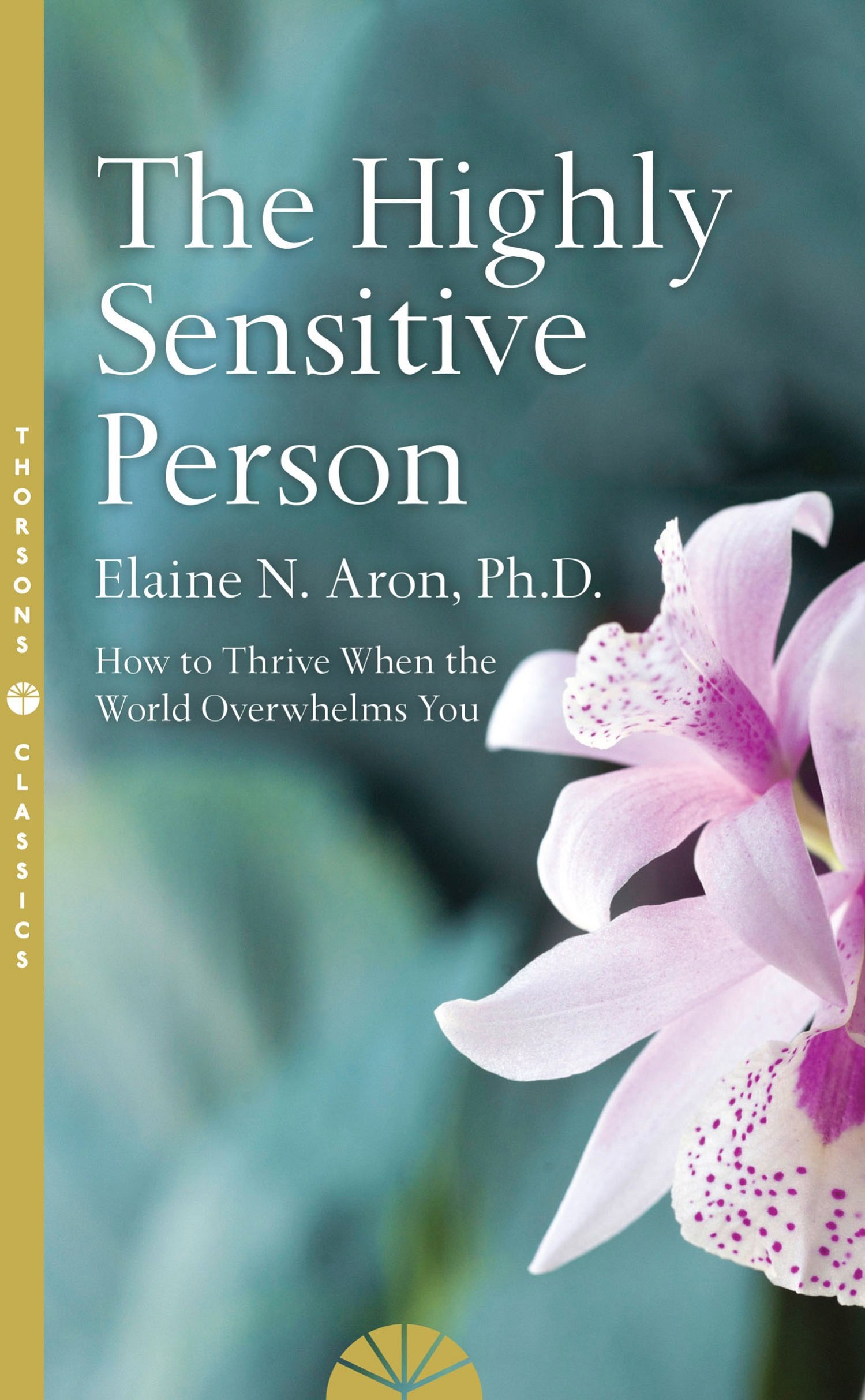Being Highly Sensitive
I started reading this book because as I grow older I discovered that I was becoming more sensitive to stimuli. The most basic example I can give is that I was much more sensitive to high volume sounds. I cannot stand any kind of phone ringing, messaging beeps, car honks and loud people (I really don't like loud people, even though I'm loud myself:)). My sleep has deteriorated to the point that I now have to wear earplugs to fall asleep (34 years old as of writing this review) and not to wake up too early to birds chiming outside. I also have really intense feelings of both negative and positive kind, my anxious thoughts are off the roof sometimes whereas whenever I feel joy, love, pride etc, tears come running to my eyes so easy (this makes me uneasy about myself soo much).
So after this long introduction, I came across this book's website and decided to read it. I took the test and went around just over 50% yes to questions. Unfortunately the book didn't live up to my expectations. This doesn't mean that the book is not good by the way. Maybe it's because I'm not that highly sensitive so the book was not that good for me. Nevertheless there are some really positive things about the book. Let's start with them.
The good
Most important thing I got from the book is to learn that I'm not alone in this condition. The book states about 20 percent of the population (no reference here, more on this below) is highly sensitive whereas another 20 percent is mildly sensitive. This means that there are a lot of people with whom I share some of these traits. That was a relief.
The way the author explains the facts about the HSP (Highly Sensitive Person) trait was really nice. In a nutshell the whole ordeal is about finding the optimum arousal level for a person. People without this trait don't get the same arousal that HSPs get from a normal situation like presenting a mundane topic to a group of colleagues, walking down a busy street or sitting in a room with very bright lights. (For me, I'm on the worst side of these things, I get bored easily and I also get overwhelmed by stimula fast, meaning that I want to go out frequently but then I want to go back to my flat really early. : ))
I also learned lot more about the physical properties of this trait and matched them exactly with my condition. I'm much more effected from fatigue and stress and I can burn out much easier under these conditions at work. I prefer quiet concentration for my work over talking for hours in mindless meetings. I don't like crowds that much, especially in busy streets and indoors. I prefer couple of close friends' company to a crazy night out of 10 people etc (what about 10 close friends? that's what I call a party). And even though I would not label myself as an introvert, I definitely need to recharge myself after a night out with a lot of people. Hell, I need to slow myself down every evening 2 hours before going to bed, regularly.
There are some good advice around work settings, close relationships and possible medication and treatment of individuals with HSP trait as well. I just wished that Aron would fill the book with more scientific information and more hands on practical knowledge that we could utilise.
The bad
The author is a practicing psychotherapist and is a follower of Jungian school of psychology. This unfortunately meant that there were a lot of Psychoanalytic sections in the book. I like a bit of psychoanalysis just as much as the next guy, but if you're going to write a book around it, your title or sub title somehow should reflect it. I especially dreaded the infant child and religion + spritiuality sections very much.
There are a lot of references in the book but unfortunately I don't remember any (correct me if I'm wrong) about the Highly Sensitive Person studies. Most of the information about the HSPs come from the survey and the interviews the author conducted herself. This was not very convincing of a book that tries to break ground on a new topic.
I really didn't like the warrior-king / royal-advisor analogy. First of all, not all HSPs need to be advisors. Second I'd much rather be a warrior king style of person, please don't tell me that being an advisor is a good thing, no it's not! Third, warrior-king does not match with royal-advisor. Let me explain, in warrior-king both words are distinct nouns, identifying that the person is both warrior and a king. Whereas in royal-advisor, what the hell is royal? Isn't royal just an adjective there (like royal flush)? Why can't I be just an middle-class-advisor? (This is a semi joke point by the way). The fact that you should be proud of this position irritated me somehow. I don't know maybe I'm being sensitive about how people would label me.
